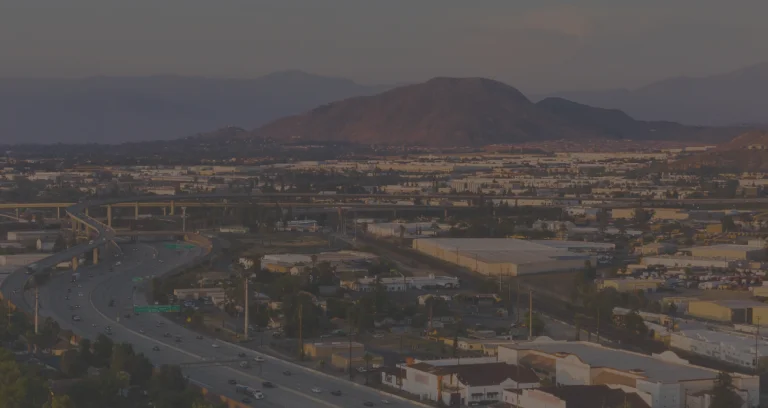What started as an attempt to purchase merchandise at a grocery store using a forged check, later turned into multiple felony convictions for a Southern California man. On May 28th, 2010, Mr. A. Falls entered a Vons store in Lake Elsinore, California, selected a number of items, including cigarettes, and made his way to the checkout stand. From there, things fell apart for Mr. Falls.
According to a published opinion by the California State Court of Appeal, Fourth Appellate District, Mr. Falls was convicted of making, passing or possessing a fraudulent check with intent to defraud (California Penal Code §476); possessing a completed check with intent to utter and pass the check in order to defraud (Penal Code §475(c)); and second degree burglary (Penal Code §459). Mr. Falls appealed his conviction, arguing that §476 and §475 both constitute forgery and that he should not have been convicted of both crimes for his single act of forgery.
At trial, the Vons clerk testified that on May 28th, 2010, he was working as a cashier and contacted Mr. Falls during checkout. Mr. Falls wrote a check to cover the amount of $185.26 and handed the completed check to the cashier. Unfortunately for Mr. Falls, the cashier had a second job as a bank teller and was experienced in recognizing fraudulent checks.
The cashier testified that he asked Mr. Falls about the check and Mr. Falls responded that his bank allowed him to print checks online. With his suspicion aroused, the cashier asked Mr. Falls for identification. Mr. Falls stated that his ID was in his vehicle and left to get it.
Mr. Falls returned five minutes later and presented a completed check to the cashier, who noticed the name F. Leon, printed on the check. The cashier again asked for Mr. Falls’ identification, but the would-be thief acted as if he could not extract the ID from his wallet. The cashier even offered to help Mr. Falls retrieve the ID, but Mr. Falls refused. The cashier testified that he was able to see Mr. Falls’ ID card, which looked to be printed on paper and did not bear the same name as that which was printed on the check.
Nonetheless, the cashier then scanned the dubious check through the store’s computer check reader, and determined the check to be fraudulent. The cashier told Mr. Falls that he could not accept the check as payment. Mr. Falls left the store, without his check, and the cashier followed him into the parking lot, writing down the license plate number of Mr. Falls’ vehicle, which later led the police into contacting Mr. Falls during the criminal investigation.
Further investigation revealed that the account number on the fraudulent check belonged to a husband and wife, whose checking account had been compromised. The couple testified that they did not know Mr. Falls and did not give him permission to use their account information.
Although Penal Code §475(c) and §476 are both forgery statutes, they each contain elements which make them separate crimes, thus leading to Mr. Falls’ conviction on each count. It was the prosecutor’s theory that the defendant committed a violation of §476 when he attempted to pass the check and a violation of section §475(c) when he possessed that check. This may seem trivial, but in its decision, the Court cited Penal Code §954, which states that “An accusatory pleading may charge two or more different offenses connected together in their commission.” In other words, while Mr. Falls committed the single act of presenting the forged and fraudulent check, in doing so he fulfilled the elements of two separate crimes (§476 and §475(c).
In addition, Mr. Falls was also convicted of burglary (§459), which states among its elements that a burglary occurs when any person enters a building or business with intent to commit any theft or felony. It was clear that Mr. Falls entered the Vons store with the intent to commit the felonious passing of the forged check.
If you have been charged with forgery, burglary or any felony, contact the professional and experienced Law Office of Nic Cocis and Associates, which serves clients in Murrieta and the neighboring communities of Temecula, Lake Elsinore, Menifee, Wildomar, Perris, Banning, Hemet, Corona, Winchester and Riverside, California.


